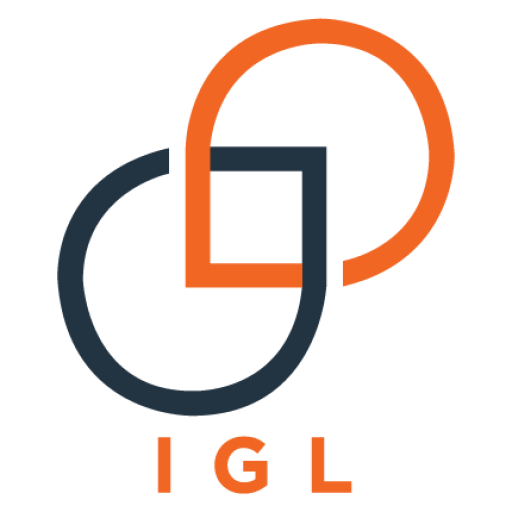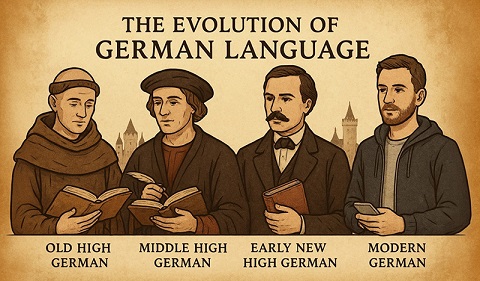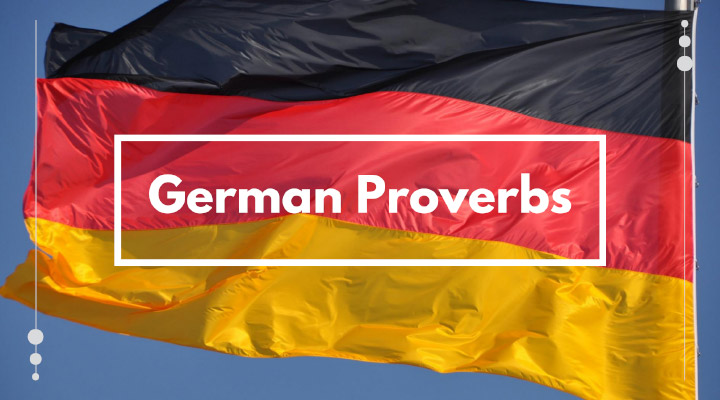
Benefits of Using International Educational Consultants
September 1, 2025
The Growing Influence of International Educational Consultants
September 5, 2025The German language holds a unique place in the world as one of the most widely spoken languages in Europe and a vital language in business, science, and culture. For learners, one of the most distinctive features and challenges of the German language is its use of grammatical gender. Understanding how gender impacts nouns in German is essential for anyone looking to master the language.
Grammatical gender is a classification system where nouns are assigned a gender, affecting how they interact with articles, adjectives, and pronouns. For many learners, this presents a significant hurdle, making German grammar tricky to grasp. In this blog, we will explore how gender shapes the German language, its rules and patterns, challenges learners face, and tips to master this important aspect.
For those keen on learning German, whether you’re in Karachi or elsewhere, enrolling in a German language course in Pakistan can provide the structured practice needed to tackle these challenges head-on.
The Basics of Grammatical Gender in German
What is Grammatical Gender?
Grammatical gender differs from natural gender. While natural gender refers to biological sex (male or female), grammatical gender is a linguistic category that classifies nouns, often without relation to biology.
Many languages use grammatical gender, including German, French, and Spanish, while others like English mostly avoid it. In the German language, gender influences not just pronouns but also articles and adjective endings.
The Three Genders in German
German has three genders:
- Masculine (der) – used for male persons and many other nouns.
- Feminine (die) – used for female persons and certain nouns.
- Neuter (das) – generally for inanimate objects or abstract concepts.
Grasping these categories and their associated articles is fundamental in the German language.
How Gender Shapes German Nouns?
Articles and Gender
In German, definite articles change according to gender:
- Masculine: der
- Feminine: die
- Neuter: das
Indefinite articles also vary:
- Masculine: ein
- Feminine: eine
- Neuter: ein
These articles signal the gender of the noun and help with sentence coherence.
Adjective Endings and Gender
Adjectives in German take endings that reflect the gender, number, and case of the noun they modify. For example:
- Der gute Mann (The good man – masculine)
- Die gute Frau (The good woman – feminine)
- Das gute Kind (The good child – neuter)
Pronouns and Gender Agreement
Pronouns in German correspond to the gender of the noun:
- er (he) for masculine
- sie (she) for feminine
- es (it) for neuter
Possessive pronouns also reflect gender and case, reinforcing the importance of knowing noun gender.
Plural Forms and Gender
Interestingly, plural forms in German use the article die for all genders, but the noun endings can change depending on the gender:
- Der Hund → die Hunde (masculine)
- Die Blume → die Blumen (feminine)
- Das Buch → die Bücher (neuter)
Some exceptions and irregular plurals add to the complexity.
Rules and Patterns for Determining Gender
Semantic Rules (Based on Meaning)
Generally, rules based on meaning help determine gender:
- Male persons/professions: masculine (der Lehrer – the male teacher)
- Female persons/professions: feminine (die Lehrerin – the female teacher)
Morphological Rules (Based on Endings)
Word endings often suggest gender:
- Masculine: -er, -en, -ig (der Lehrer, der Wagen)
- Feminine: -ung, -heit, -keit, -in (die Zeitung, die Freiheit, die Königin)
- Neuter: -chen, -lein, -ment, -um (das Mädchen, das Fräulein, das Instrument)
Borrowed Words and Gender Assignment
Words borrowed from English or French are assigned gender based on various factors, sometimes following similar native words or phonetic patterns.
Challenges Learners Face with Gender
Memorization Struggles
Many learners find memorizing genders difficult because they may not logically align with natural gender or English equivalents.
False Assumptions
Assuming natural gender equals grammatical gender leads to mistakes. For instance, das Mädchen (the girl) is neuter, not feminine.
Confusion in Sentence Construction
Incorrect gender usage causes errors in articles, adjective endings, and pronouns, leading to confusion and miscommunication.
Cultural and Linguistic Perspectives
Gender and Cultural Perception
Inanimate objects having gender may seem strange, but this reflects deep-rooted cultural and linguistic symbolism in the German language.
Gender Neutrality in Modern German
German has moved toward more gender-neutral terms, such as Studierende (students) to avoid male/female divisions.
The Debate Around Gender-Inclusive Language
Discussions continue about balancing tradition and inclusivity, influencing education, media, and communication in the German-speaking world.
Practical Tips to Master German Noun Genders
- Always learn nouns with their definite article (der/die/das) to reinforce gender knowledge.
- Create visual or funny associations to remember genders more easily.
- Categorize nouns based on endings or semantic fields to identify patterns.
- Using apps, games, speaking, and writing will enhance retention and confidence.
Conclusion
Gender is central to mastering the German language, influencing grammar, communication, and cultural expression. While it can be challenging, identifying patterns and consistent practice unlock success for learners.
For those in Karachi looking to embark on their German language journey, finding the best German language institute in Karachi is crucial. The IGL German Language Institute offers comprehensive German language courses near me that blend theory with practical usage, making learning effective and enjoyable.
If you are searching for a reliable language course in Karachi, including structured classes on grammatical gender and beyond, IGL is your go-to language institute in Karachi.
Start your German language adventure today, enroll at IGL, and master the nuances of gender and much more in German!




